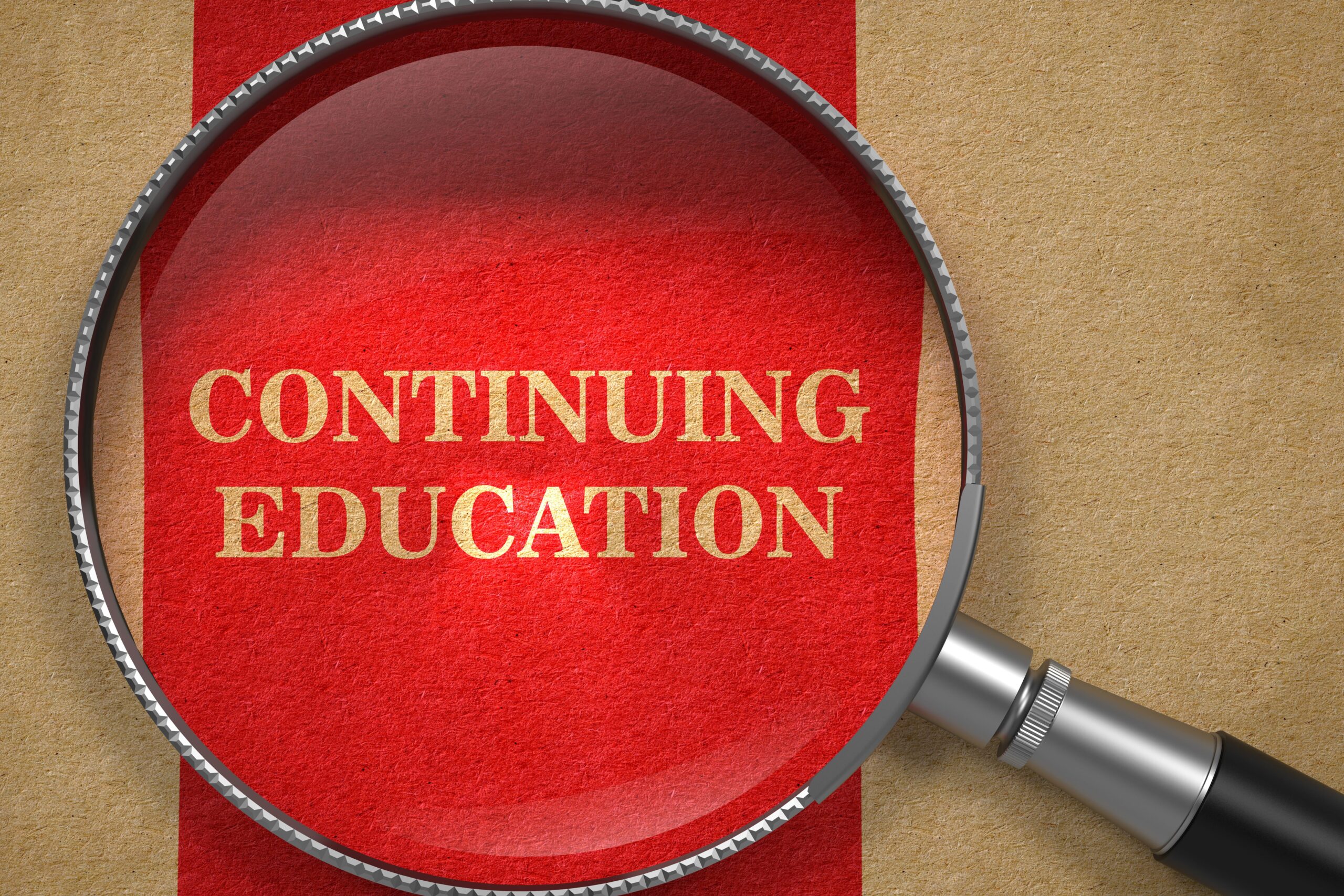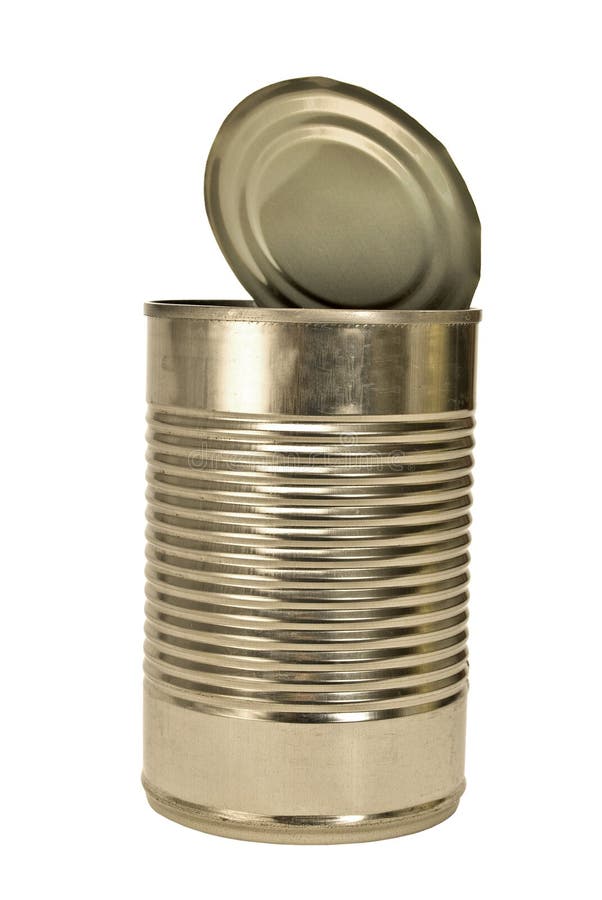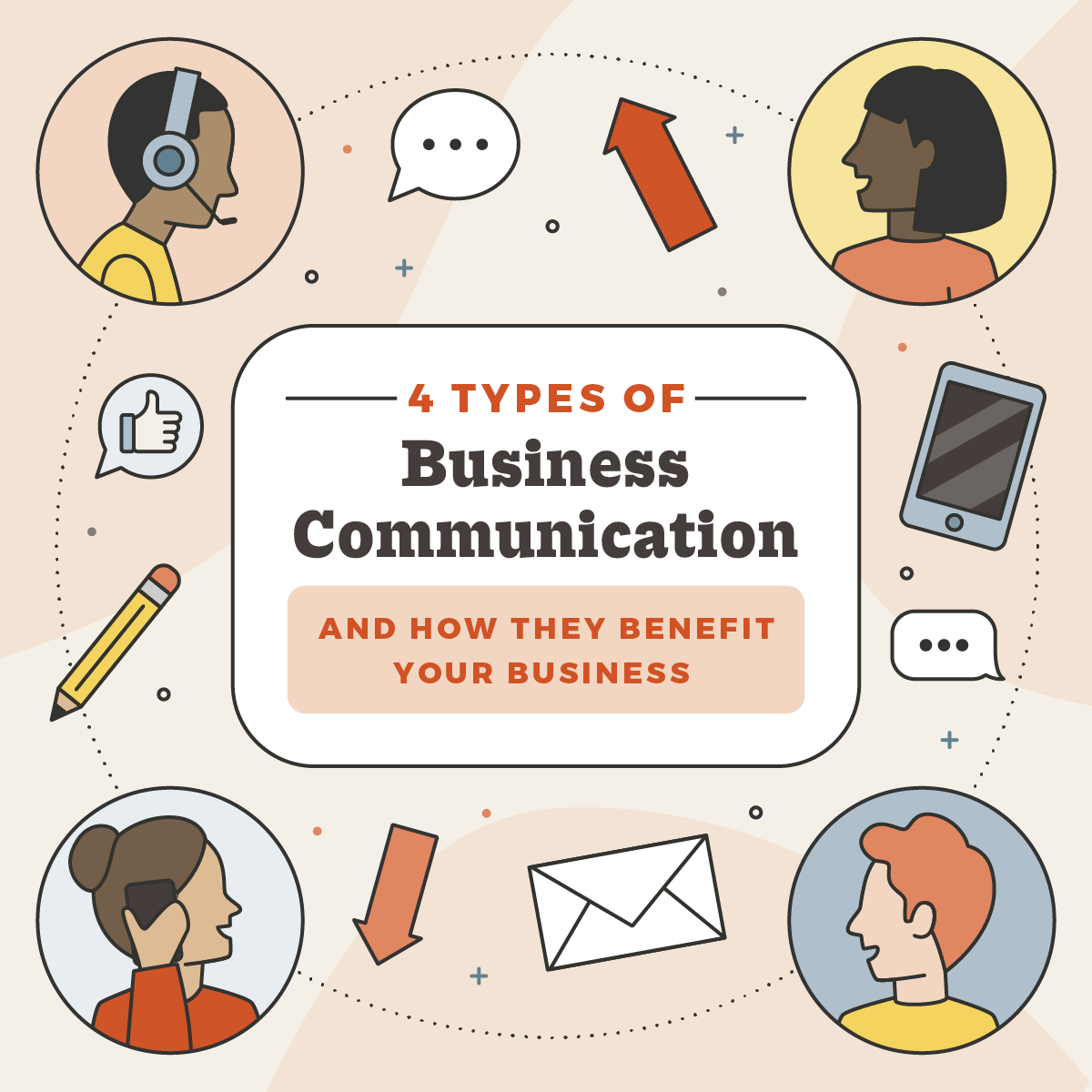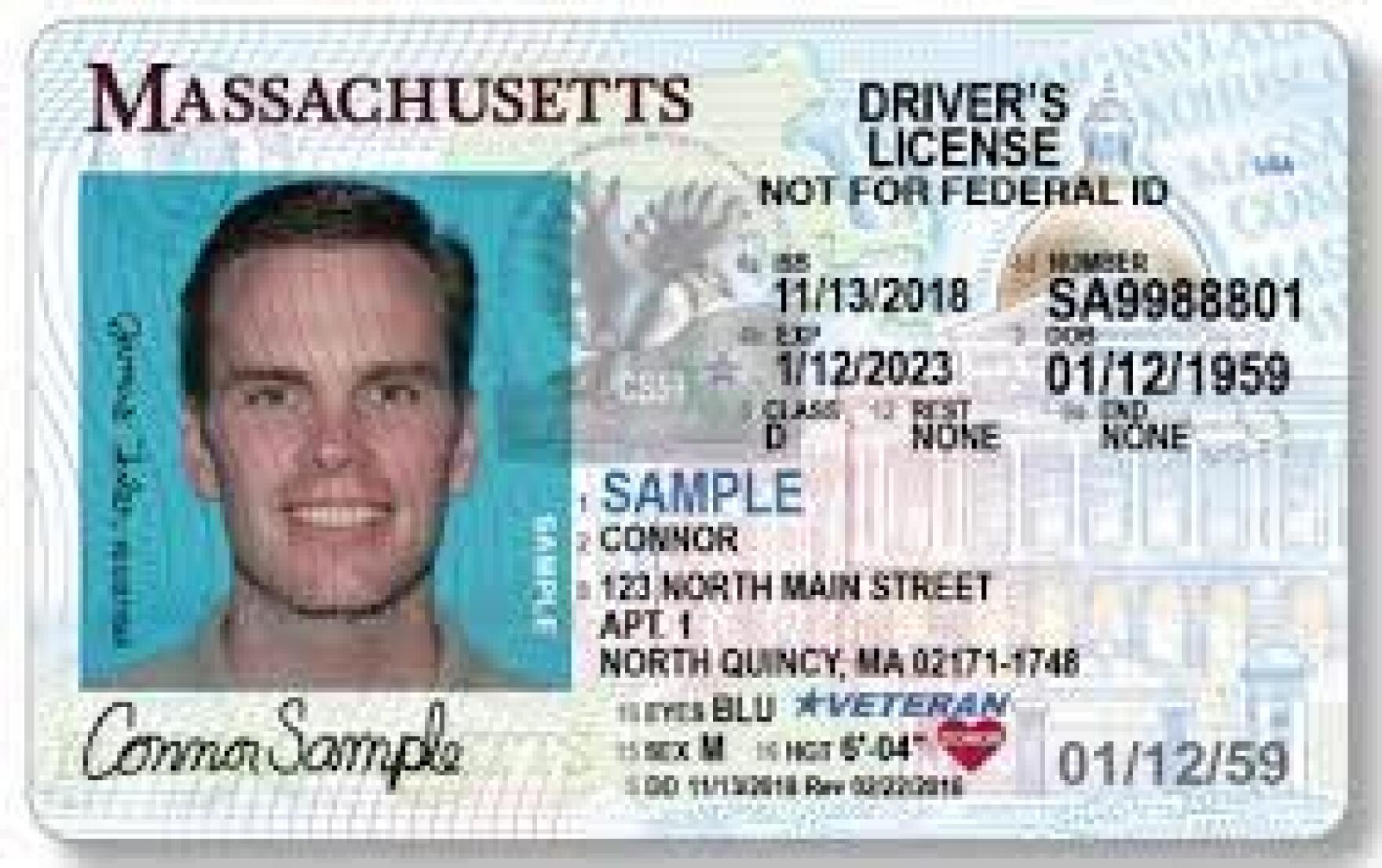Licenses and Permits You Need to Start a Junk Removal Business (Step‑by‑Step)
Overview: What licenses do you need to start a junk removal business?
Most junk removal startups will need a general business license from their city or county, plus any local permits tied to waste hauling and vehicle operations. Requirements vary by location, and additional credentials may be required for hazardous or special waste. You can verify local rules through your municipal licensing office, your state environmental agency, your local Chamber of Commerce, or the U.S. Small Business Administration’s (SBA) permit and license resources [1] .
Core licenses and permits most operators should review
1) General business license (local)
Many cities and counties require a basic business license to operate legally. This is often the first approval you obtain and typically involves registering your business name, providing ownership details, and paying a fee. Because rules differ widely, you can contact your city or county business licensing office or your local Chamber of Commerce to confirm whether a general business license is required in your jurisdiction [1] .
Example: A sole proprietor launching a pickup-based junk removal service may need to register a Doing Business As (DBA) name at the county level and obtain a city business license before accepting customers. If the business will use a different trade name than the owner’s legal name, a DBA filing is commonly required by local governments [1] .
2) Waste hauling or transportation permits (state or local)
Some jurisdictions require a waste transportation permit or license, especially when hauling heavy loads or specific waste streams. These rules can differ even between neighboring cities. You can check with your local public works or solid waste department and your state environmental agency to learn whether a hauler permit, transporter registration, or load-specific permit applies in your area [1] .
Example: In Texas, junk haulers transporting solid waste in enclosed vehicles or using stationary compactors must obtain a state transporter registration per vehicle, illustrating how state-level rules can apply based on equipment and hauling methods. Municipalities may also require their own permits, so checking both state and city requirements is essential [2] .
3) Vehicle and driver credentials
If you operate larger trucks over certain weight thresholds, a Commercial Driver’s License (CDL) may be necessary under state and federal rules. In addition, your company vehicles will typically need commercial registration and insurance. Because vehicle size, Gross Vehicle Weight Rating (GVWR), and cargo can influence requirements, you should confirm CDL and registration thresholds with your state’s motor vehicle department. Industry guidance commonly flags the need for the proper transportation license for heavy loads [1] .
Example: A business upgrading from a light-duty pickup to a larger box truck should evaluate CDL needs before purchase. This includes verifying GVWR limits and ensuring drivers meet licensing and medical certification standards where applicable [1] .
4) Special and hazardous waste authorizations (when applicable)
If you plan to handle regulated waste-such as chemicals, biohazards, certain electronics, or industrial byproducts-you may need additional permits, licenses, or certifications. These can involve state environmental agencies and specialized disposal facilities. Many operators choose to avoid hazardous waste entirely to reduce compliance burden and insurance costs; if you intend to handle it, verify requirements before offering the service [1] .
Example: A company accepting only household junk (furniture, mattresses, general debris) may not need hazardous permissions, but adding chemical cleanup would likely trigger state-level permits and strict disposal rules. Texas, for instance, regulates hazardous waste and some non-hazardous industrial waste, showing how materials dictate permits and handling standards [2] .

Source: topbizguides.com
Business structure, tax IDs, and foundational compliance
Register your business and obtain an EIN
Choose a business structure (e.g., sole proprietorship, LLC, corporation) and register it according to state rules. To hire staff or open a business bank account, you generally obtain an Employer Identification Number (EIN) from the IRS. While sole proprietors without employees may operate using a Social Security Number, many still get an EIN for banking separation and vendor onboarding [3] .
Practical tip: After forming an LLC and getting your EIN, open a dedicated business bank account to separate finances. Banks typically ask for formation documents and your EIN letter. Segregated finances help with taxes, bookkeeping, and insurance claims documentation [3] .
Zoning and operating locations
Confirm that your storage yard, office, or parking area for trucks complies with local zoning. Some municipalities limit commercial vehicle parking in residential zones or restrict outdoor storage. It’s wise to discuss your intended location with the local planning or zoning department before signing a lease to prevent costly relocations later. Industry guides commonly recommend zoning checks during setup [1] .

Source: evergreenjunkremoval.com
Insurance: strongly recommended protections
While not licenses, insurance policies are critical risk controls in junk removal due to property damage, injuries, and vehicle exposures. At minimum, operators commonly consider general liability, commercial auto, commercial property, business income, and workers’ compensation if they have employees. Handling hazardous materials can increase premiums, so clarify your scope with your broker before quoting [1] .
Real-world scenario: A crew damages a customer’s gate while moving a hot tub. General liability coverage may respond to third-party property damage claims, while commercial auto applies if an incident involves your vehicle. Adequate limits protect both business continuity and customer trust [1] .
Disposal, recycling, and facility rules
Create a disposal and recycling plan and verify what local landfills, transfer stations, and recycling depots accept-some facilities refuse tires, certain electronics, or liquids. Planning routes and facility options helps you price jobs accurately and stay compliant with waste acceptance rules. Industry guidance emphasizes confirming acceptance policies ahead of time to avoid rejected loads and fines [1] .
Example: If your local transfer station doesn’t take televisions or paint, establish a process for e-waste drop-offs and household hazardous waste events where available. This prevents on-site surprises and clarifies terms in your customer agreements [1] .
Step-by-step: How to get licensed and operational
- Define your service scope. Decide if you will handle only standard household/office junk or also appliances, e-waste, construction debris, or hazardous materials. Your scope determines permits and insurance. Many operators avoid hazardous waste due to added permits and costs [1] .
- Choose your business structure and name. Form an LLC or corporation if you want liability separation, then file any necessary DBA if operating under a trade name. Keep records for license applications [3] .
- Obtain your EIN and open a business bank account. This supports payroll, vendor payments, and clean bookkeeping. Banks typically request formation documents and EIN proof [3] .
- Confirm zoning and location compliance. Speak with your city’s planning or zoning department to ensure your yard, parking, and office setup comply with local ordinances. This helps avoid enforcement issues later [1] .
- Apply for a local business license. Contact your city or county licensing office or your local Chamber of Commerce to learn application steps, fees, and renewal cycles. Requirements vary by location, so verify directly [1] .
- Verify hauler/transporter permits. If your state or municipality requires solid waste transporter permits or registrations (for example, for enclosed vehicles or compactors in Texas), complete those before operations. Keep proof in each vehicle [2] .
- Confirm vehicle and driver credentials. Check if your truck’s GVWR triggers CDL needs. Ensure commercial registration, inspections, and commercial auto insurance are in place [1] .
- Set up disposal and recycling accounts. Contact local landfills/transfer stations to establish accounts, understand fees, and learn accepted materials. Build alternative paths for items facilities don’t accept [1] .
- Secure insurance. Work with a business insurance broker to obtain general liability, commercial auto, property, business income, and workers’ comp if employing staff. Disclose whether you handle special waste to ensure proper coverage [1] .
- Document policies and agreements. Use written service agreements detailing scope, exclusions (e.g., hazardous materials), pricing, and disposal practices. This reduces disputes and clarifies compliance duties for both parties [4] .
Common challenges and how to solve them
Challenge: Navigating local vs. state rules
Waste and business licensing can be governed at multiple levels. Solution: Start locally-city or county licensing and public works-then confirm transporter rules with your state environmental agency. Industry sources highlight that licensing and permitting requirements vary by where you live, so a layered approach reduces gaps [1] .
Challenge: Deciding whether to handle hazardous or special waste
These services can bring higher margins but also increase regulatory burdens and insurance costs. Solution: Begin with standard household and office junk, then expand after consulting your insurer and confirming permits and approved facilities. Texas guidance shows how specific transport and waste categories add complexity [2] .
Challenge: Vehicle compliance
Upgrading to larger trucks without confirming CDL and registration thresholds can cause delays. Solution: Before buying or leasing, confirm GVWR limits and licensing with your state DMV and plan driver hiring/training accordingly. Industry guides stress transport licensing for heavy loads [1] .
Alternative pathways if you want to start lean
If you prefer a low-cost launch, you can start with light-duty pickups, limit accepted items to non-hazardous household junk, and operate within a single municipality to simplify licensing. As you grow, add capabilities-such as appliance recycling or small-scale construction debris-after confirming disposal sites and any added permits. Use your DBA and general business license as your initial compliance foundation, then layer on transporter permits and insurance as scope expands [1] .
How to verify your exact requirements
- Contact your city or county business licensing office and public works/solid waste department to confirm local business license and hauler permit needs [1] .
- Check your state environmental agency for transporter registrations and special waste rules. Example state guidance for Texas illustrates state-level transporter registration for enclosed vehicles or compactors, plus hazardous and industrial waste regulations [2] .
- Use the SBA’s small business resources to identify permits, licenses, and compliance steps by location and industry (search for “SBA permits and licenses” for your state). Industry guides point to SBA as a central reference for federal and state-level requirements [4] .
- Set up your EIN and business banking to keep finances clean and ready for license renewals, taxes, and insurance audits [3] .
Key takeaways
Expect to secure a local business license, evaluate the need for transporter or waste hauling permits, confirm vehicle/CDL requirements, and avoid hazardous waste unless you’re prepared for added permits and insurance. Because rules vary by city and state, verify requirements directly with your local licensing and solid waste authorities, your state environmental agency, and the SBA’s guidance resources before you begin operations [1] [2] [3] [4] .
References
[3] Growthink (2025). How to start a junk removal business: EIN, banking, and setup steps.
[4] Moon Invoice (2024). How to start a junk removal business: Registration, licenses, and agreements.
MORE FROM yourscholarshiptoday.com













